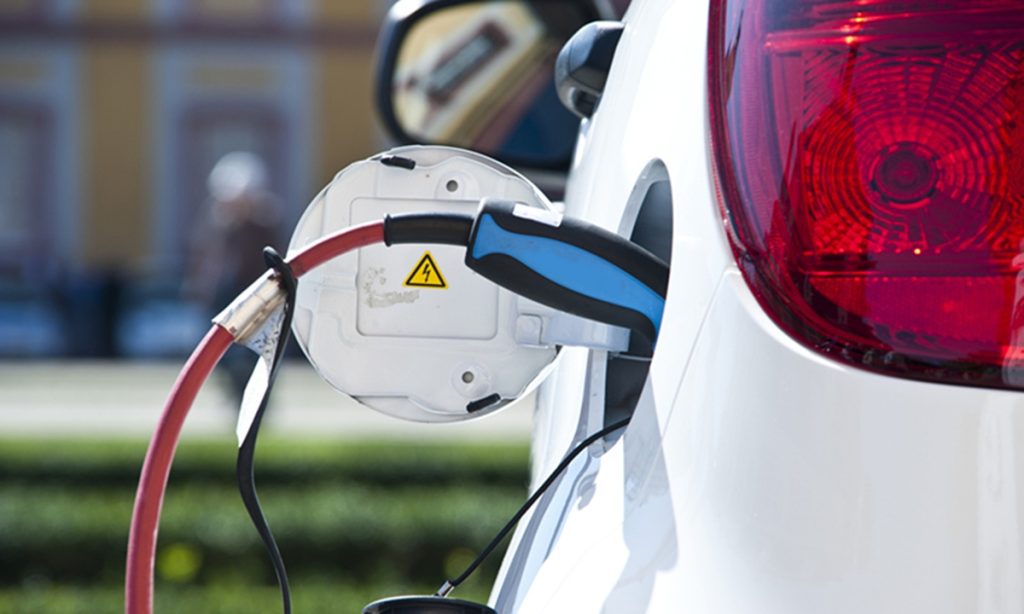EU’s anti-subsidy investigation into Chinese EVs is sheer protectionism

Just days after Chinese electric vehicles shone at IAA Mobility in Munich, European Commission President Ursula von der Leyen announced the anti-subsidy investigation into Chinese electric vehicles. She claimed Chinese EVs are cheaper because of heavy government subsidies. "Europe is open for competition. Not for a race to the bottom," she said.
This is not true.
China had ended all EV subsidies by 2022, while European carmakers still enjoy fiscal support from the government including tax benefits and incentives. Those Chinese companies who have come out ahead in Europe have survived fierce competition at home. UBS analysts concluded that, after an extensive assessment of all the components pulled from BYD's Seal model, 75 percent of the auto parts, ranging from batteries to power semiconductors, were made in-house. BYD enjoys a sustained 25 percent cost advantage over legacy competitors.
Chinese EVs have won the market with advanced technology, integrated supply chain and scale effects. It is innovation which helps bring down the price and makes products more competitive. Chinese EV producers can compete in Europe without artificially keeping the price low because the European price of their cars is significantly higher than the Chinese price. And the European price of Tesla's Model 3 is even lower than BYD's Seal.
The Chinese EV industry has got to where it is today thanks to consistent commitment to openness, innovation and hard work. Strangely enough, the EU, a champion of free market and open trade since its birth, has chosen to close its door. China Chamber of Commerce to the EU issued a statement, urging the EU to translate its commitment to market openness into tangible measures, ensuring a fair, impartial and non-discriminatory business environment for foreign companies.
Welcoming Chinese carmakers to Germany just a week ago, German Chancellor Olaf Scholz said, "Competition should spur us on, but not scare us." However, the EU seems pretty scared, given all the restrictive measures and endless talks of risk and de-risk. With all the "risks" from different values, dependencies, and so on, decision-makers in Brussels are labeling competitive foreign cars as risks.
When European companies are ready to improve themselves and face the competition, European leaders are taking a different path. As far as a spokesperson for the German Association of the Automotive Industry is concerned, an anti-subsidy investigation cannot solve the existing challenges. More importantly, European consumers will be deprived of high-end, lower-price vehicles due to their leaders' protectionist choice.
If the EU is truly open to competition, it should encourage automakers of the two sides to cooperate. Taking protectionist actions violates WTO rules, hurts consumers' interests, and most unfortunately, shows a lack of will to improve. There is more than one way to be competitive and ultimately defend one's interests, such as innovating, simplifying rules, etc. But protectionism is never the right choice. It will not produce excellence, but start a race to the bottom.